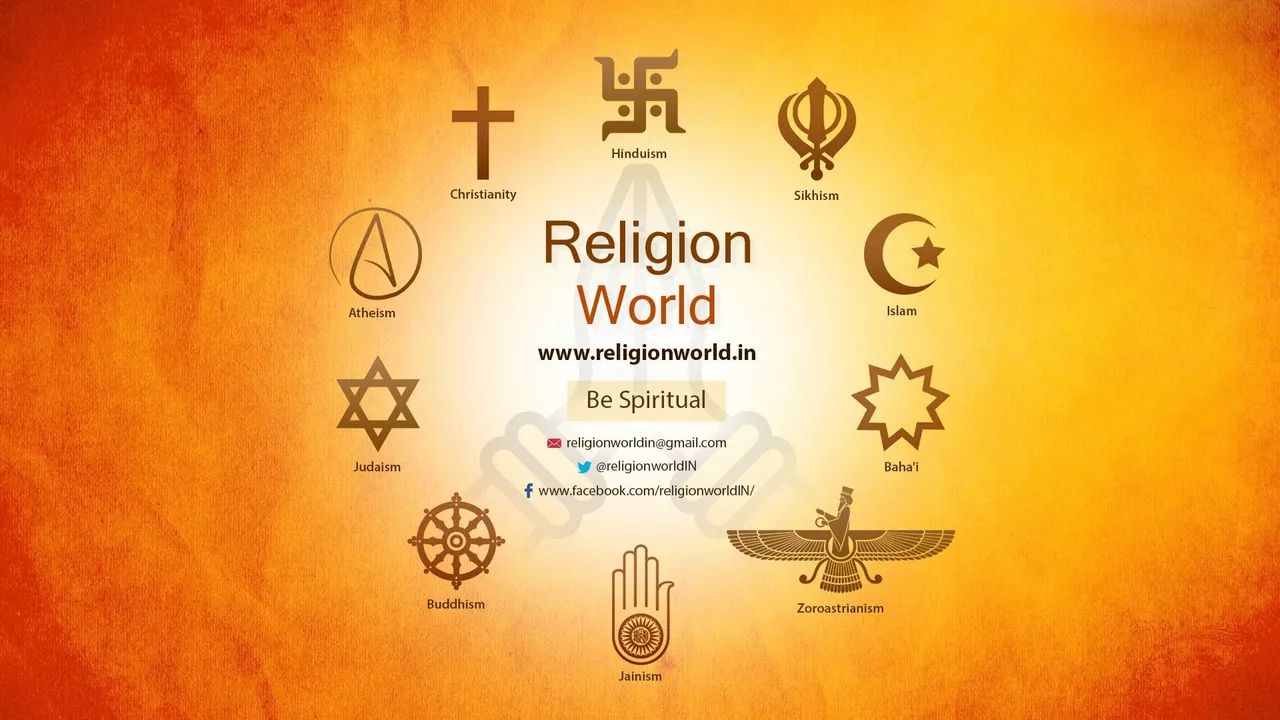The Influence of Religion on Society
In the course of human history, religion has been a constant pillar, providing meaning, guidance, and structure to countless lives and societies. It's like a ubiquitous umbrella, always there in times of uncertainties, shielding us from life's unpredictability. I remember when I was ten, my grandmother used to say, “Keanu, religion is the mirror of our soul. It reflects our inner strengths and vulnerabilities”. Who would’ve thought my sweet granny's words would form the bedrock for this extensive exploration of religion's impact on our world? Let me take you on this holistic journey into religion.
Religions have refined societal values, set moral standards, and provided behavioral codes that have significantly influenced our ancestors' societal structures. Can you imagine a society without a moral compass? That would be like trying to navigate in a dense forest without a map. Confusing and scary, right? It is religion that’s largely acted as this compass, contributing to the establishment of orderly, ethical societies. For instance, Buddhism championed the concepts of compassion, non-violence, and mindfulness which were further woven into the societal fabric by followers. That's pretty amazing, isn't it?
Another aspect is the religious institutions as the centers of social gatherings. Churches, mosques, temples – they've all acted as rallying points for communal interactions, fostering social unity and sense of community. Remember the church feasts from my childhood? The palpable sense of unity, shared joy, and mutual support is something I still miss.
Religion and Human Rights
Religion has played a substantial role in the evolution of human rights. Even though some may argue that religion has often been the cause of rights infringement, it would be unfair to dismiss its role in shaping several fundamental human rights. Take Christianity for instance. The teachings of Jesus Christ constituted a significant shift from the tribalism of the past, promoting principles such as brotherly love and equal treatment of all human beings, which are foundational aspects of modern day human rights.
Additionally, faith-based organizations and religious figures have been at the forefront of numerous social justice movements, ranging from the abolition of slavery to the Civil Rights Movement. Think about leaders like Rev. Martin Luther King Jr. who used their religious influence to spearhead these movements. Pretty powerful stuff, right?
Also, religious institutions have often provided refuge to the oppressed and persecuted groups. Ever heard of the Sanctuary Movement in the 1980s? Churches across the United States declared themselves as sanctuaries to aid Central American refugees against state persecution. Amazing, isn't it?
The Role of Religion in Education
Religion has heavily influenced education, with many of the world's oldest and most prestigious universities, including Oxford and Cambridge, having religious foundations. The tradition of religious education has been key in promoting literacy and learning. Can you believe that the University of al-Qarawiyyin in Morocco, considered the world's oldest existing university, was founded by a Muslim woman called Fatima al-Fihri in 859 AD? Now, that's a fun fact for your next trivia night!
Religious texts such as the Bible, the Quran, the Vedas, and many others, have often been used as instruments of learning, teaching not only religious doctrines but also valuable life lessons. Try to think about the parables in the New Testament or the wisdom-laden chapters of Bhagavad Gita. Aren't they packed with insightful lessons?
Moreover, religion has promoted the culture of questioning, debate, and intellectual curiosity. If you've got an inquisitive mind like me, you're probably awe-struck by the sheer depth and profundity of religious philosophies. Quite a learning experience, isn't it?
Religion Inspiring Art and Culture
Art and religion have been intertwined since the human race first began to produce works of beauty. Virtually every art form, be it music, literature, architecture, or painting, has been significantly influenced by religious thought and symbolism. Think Michelangelo’s Sistine Chapel ceiling, or the entrancing whirling of Sufi dervishes, or the awe-inspiring Hindu temple architecture. They all resonate with deep religious undertones and spiritual symbolism.
Religion's role in cultural preservation is another significant aspect. Cultural practices, rituals, festival celebrations, all find their roots in religious traditions. This is particularly fascinating for someone like me, who absolutely loves exploring different cultures and traditions!
Lastly, religion has been an incredible source of inspiration, hope, and solace for countless individuals. In moments of despair, many find comfort and courage in their religious beliefs. Just think about the solace and peace that prayers, chants or hymn singing bring to people. I've personally found such practices very uplifting, especially during challenging times.
In conclusion, religion has shaped the very fabric of human civilization in more ways that we can imagine. Its influence on societies, human rights, education, and art is testament to its enduring and pervasive role in our world. As we continue our journey in this ever-changing world, religion is likely to adapt and continue to influence various aspects of human experience. Remember, this exploration is not to persuade anyone about the virtues or vices of religion, but an attempt to uncover and appreciate its multifaceted impact on the world we inhabit. After all, understanding allows us to navigate our shared world in a more informed and empathetic manner.

